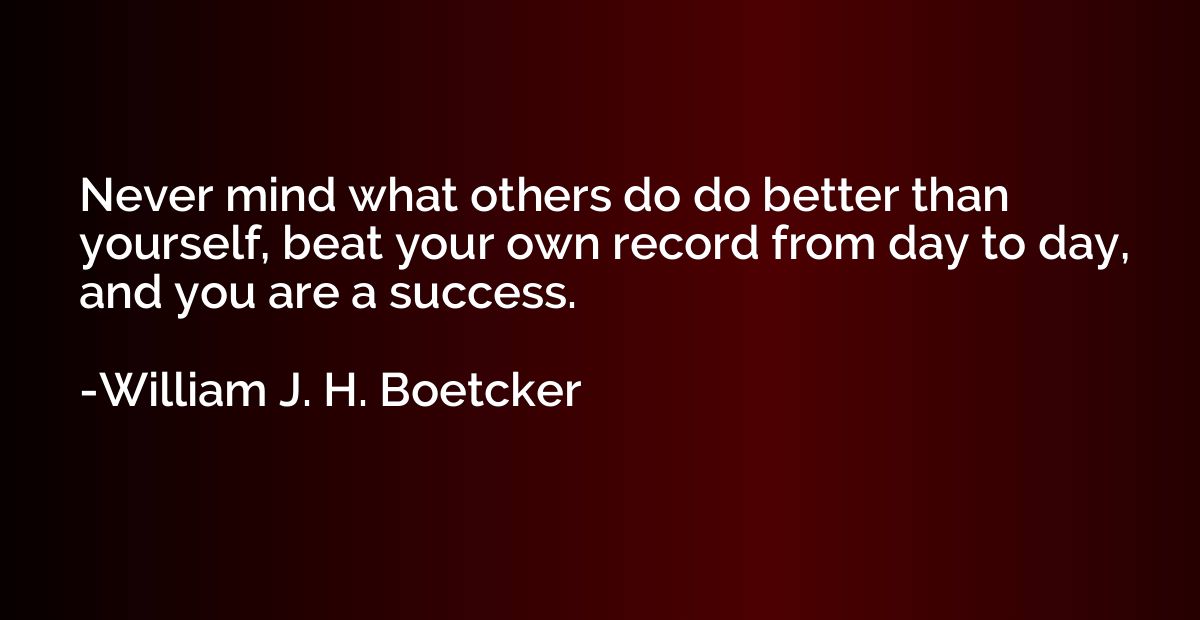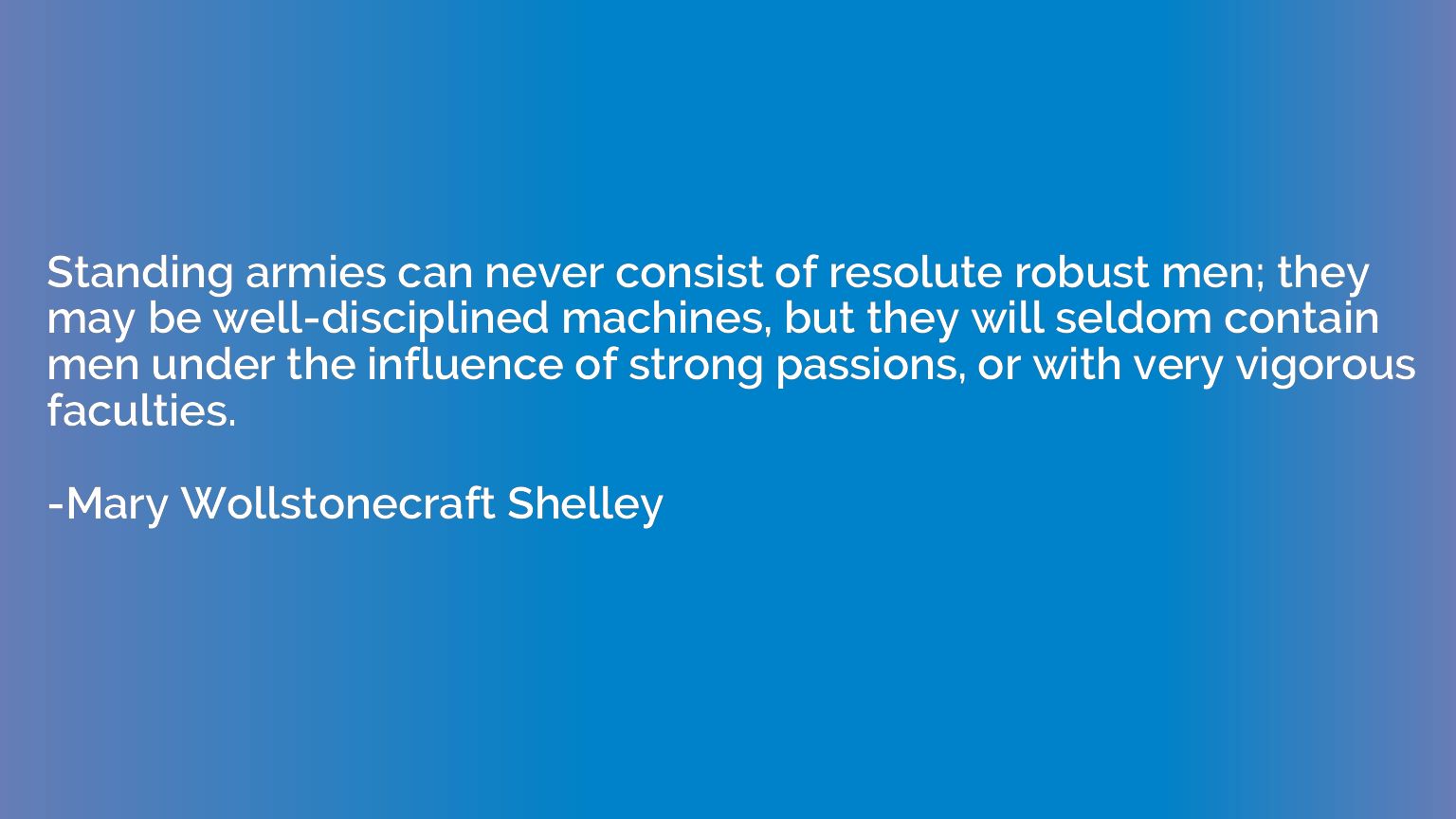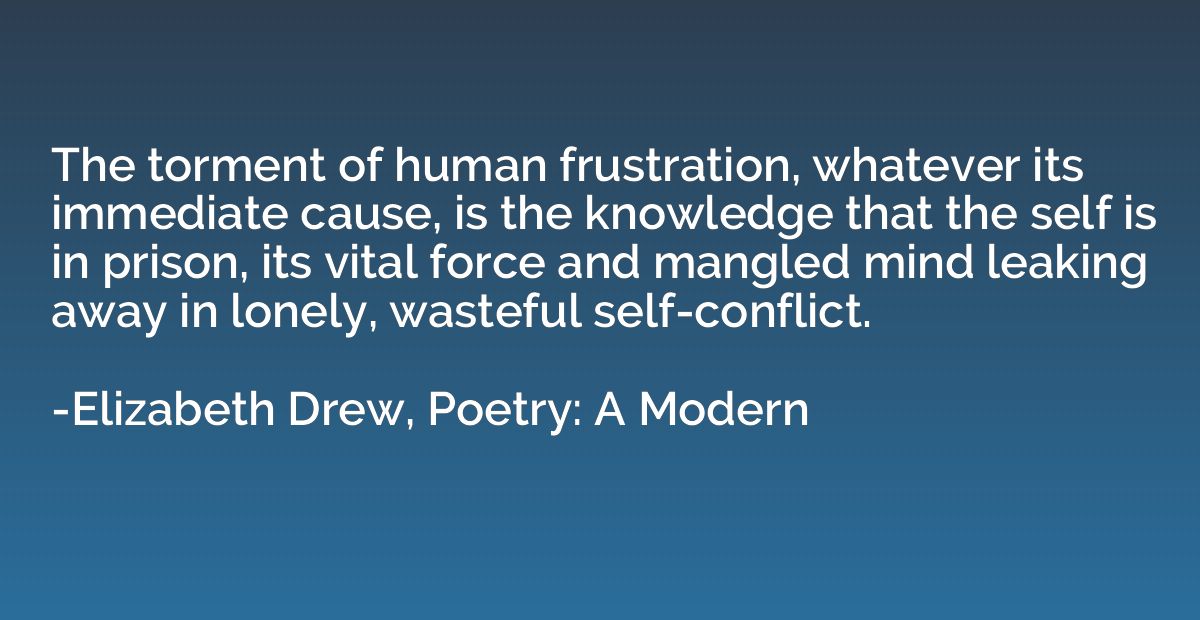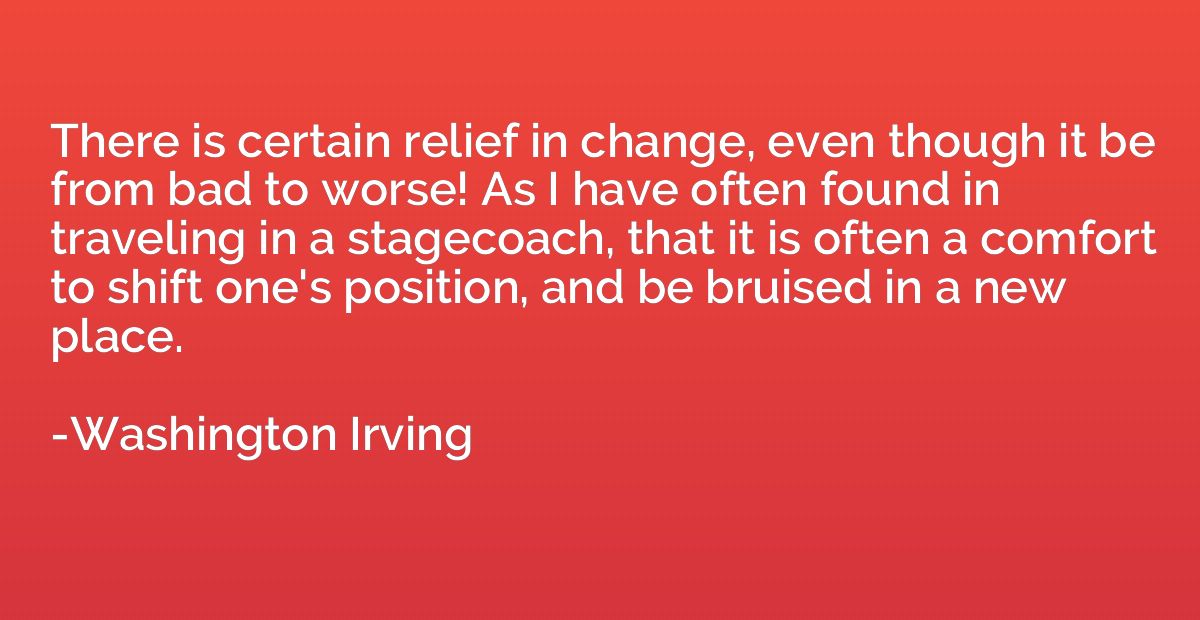Quote by Thomas Jefferson, to Thomas Law,
When the moral sense is wanting, we endeavor to supply the defect by education, by appeals to reason and calculation, by presenting to the being so unhappily conformed, other motives to do good and to eschew evil, such as the love, or the hatred, or the rejection of those among whom he lives, and whose society is necessary to his happiness and even existence; demonstrations by sound calculation that honesty promotes interest in the long run; the rewards and penalties established by the laws; and ultimately the prospects of a future state of retribution for the evil as well as the good done while here. These are the correctives which are supplied by education, and which exercise the functions of the moralist, the preacher, and legislator; and they lead into a course of correct action all those whose depravity is not too profound to be eradicated.
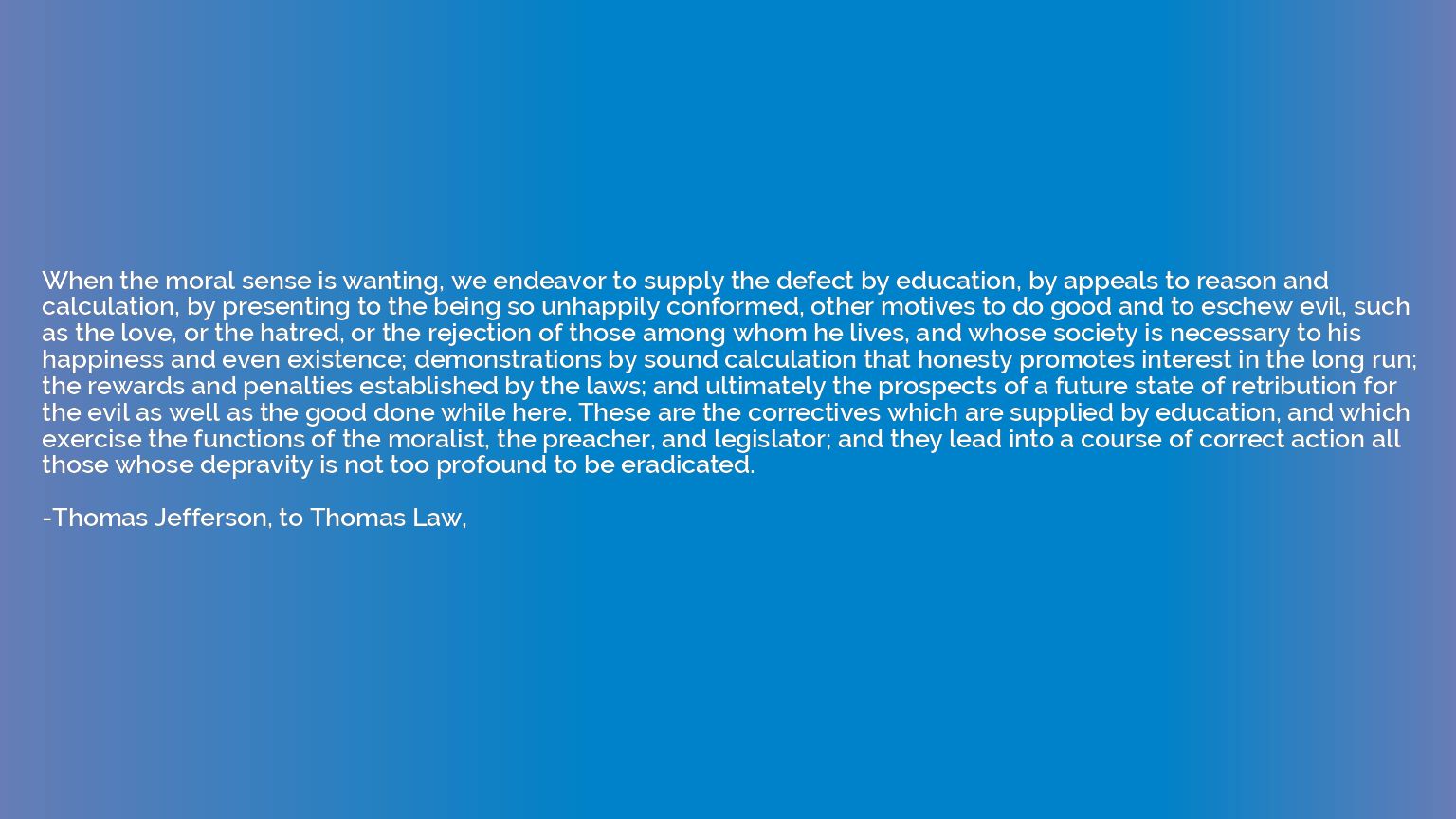
Summary
In this quote, it is suggested that when a person lacks a moral sense, it can be compensated by education and rational appeals. By providing alternative motivations to do good and avoid evil, like the love or rejection of those around them, as well as the understanding that honesty ultimately benefits self-interest, one can correct and guide their behavior. This can be further aided by the legal system's rewards and penalties and the belief in a future state of retribution. These corrective measures, offered by educators, moralists, preachers, and legislators, are effective in guiding individuals towards moral action, except for those with deeply ingrained depravity.





